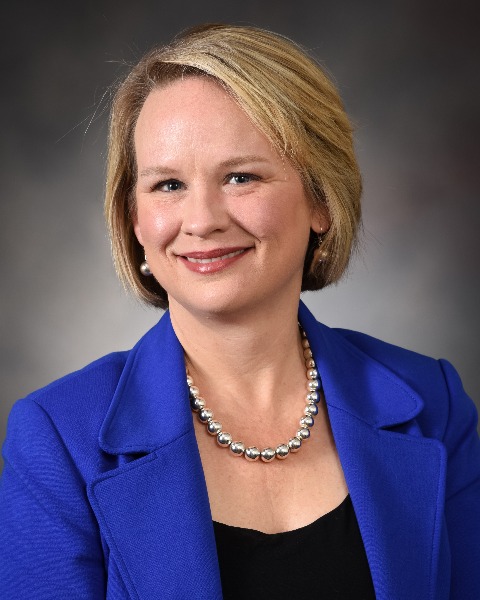Retaining the Best: Creation of a Professional Development Program for Advanced Practice Providers
-

Tamra Langley, ACNP, DNP
Director of APP Professional Development
University of Kentucky
Lexington, KentuckyDisclosure information not submitted.
-
kh
kevin hatton, MD, FCCM
Division Chief, Anesthesiology, Critical Care
University of Kentucky Albert B Chandler Hospital, United StatesDisclosure information not submitted.
-
AD
Amy Dilorenzo, PhD
Assistant Dean, Graduate Medical Education
University of Kentucky
Lexington, Kentucky, United StatesDisclosure information not submitted.
-
RS
Randall Schell, MD
Professor and Interim Chair, Department of Anesthesiology
University of Kentucky
Lexington, Kentucky, United StatesDisclosure information not submitted.
-
LB
Lacey Buckler, DNP
Chief Advanced Practice Officer
University of Kentucky
Lexington, Kentucky, United StatesDisclosure information not submitted.
-
BD
Brittany Dahl, ACNP
Advanced Practice Provider
University of Kentucky
Lexington, Kentucky, United StatesDisclosure information not submitted.
-
MR
Margaret Rivers, DNP, AGACNP-BC
Advanced Practice Provider
University of Kentucky
Lexington, Kentucky, United StatesDisclosure information not submitted.
First Author(s)
Co-Author(s)
Title: Retaining the Best: Creation of a Professional Development Program for Advanced Practice Providers
Introduction: The national turnover rates for advanced practice providers (APPs) in 2016 was 12.6%, double that of physician turnover1. Lack of professional development and growth opportunities are among the reasons given for APPs to seek different employment opportunities.2
Utilizing 2020 Press-Ganey3 provider engagement scores in a single academic institution, it was found that 13 APPs within the Department of Anesthesiology had an engagement score of 4.57, on a scale of 1-5 (+0.56 > national average), and alignment score of 3.83 (+0.25 > national average). In an attempt to address the professional development needs of the APPs, an advancement pathway was developed to both recognize and reward these professionals.
Methods: The Division of Critical Care Medicine (CCM), within the Department of Anesthesiology, worked with the APPs to establish guidelines and criteria for the advancement pathway. This process helped to create buy-in from the team members and to choose meaningful criteria. Participation in the program was voluntary, consisting of three possible tiers with a requirement of at least 3-5 years of departmental service for eligibility. Criteria for each level tier included scholarly activity (peer-reviewed publications and research), educational progression, leadership involvement, clinical practice, and volunteerism. The department awarded participants for each given tier with additional professional days and a monthly stipend. The advancement pathway was introduced in July 2020, with guidelines for intent to apply to be submitted by December 2020, and an award date of July 2021.
Results: Four of eight eligible APPs applied for the advancement pathway. The 2021 Press-Ganey scores for CCM APPs, while showing a decrease in engagement, likely due to COVID, showed an increase in alignment. The engagement score was 4.42 (+0.52, compared to the organization), and the alignment score increased to 4.08 (+0.59, compared to the organization and +0.25 compared to 2020).
Conclusion: Even through COVID, engagement scores remained high and alignment scores increased. Creation of the advancement pathway may enhance institutional alignment and potentially fosters departmental retention for APPs.
